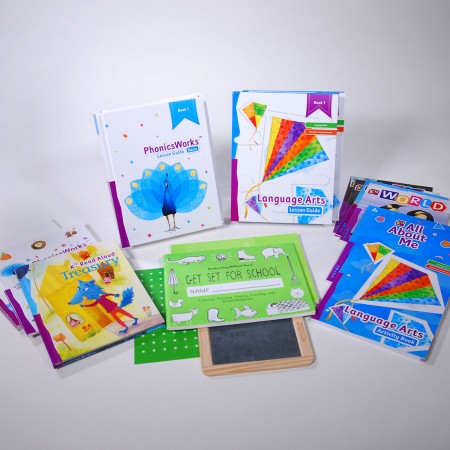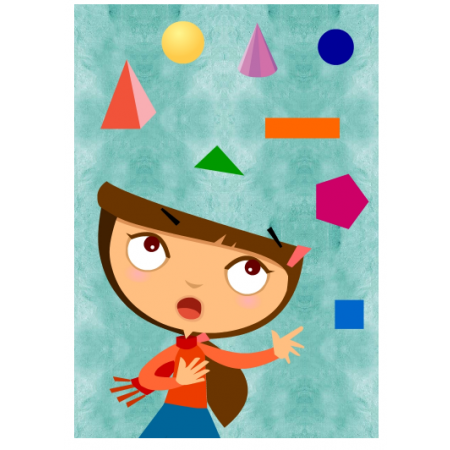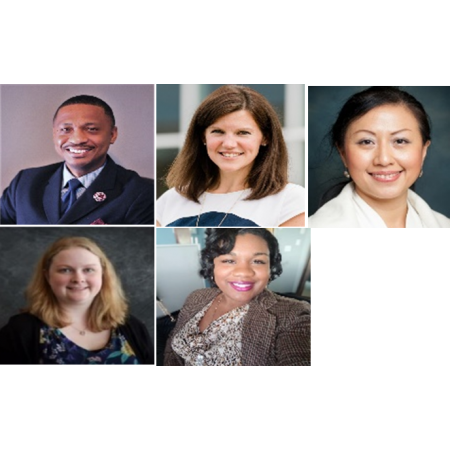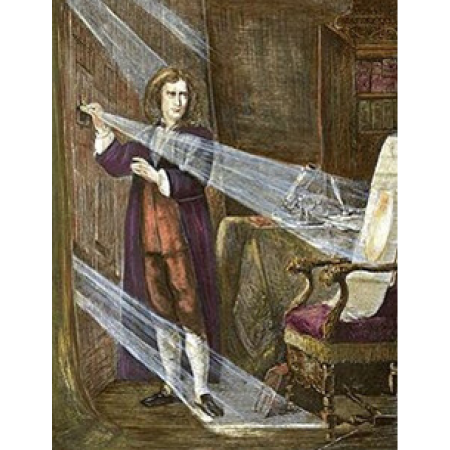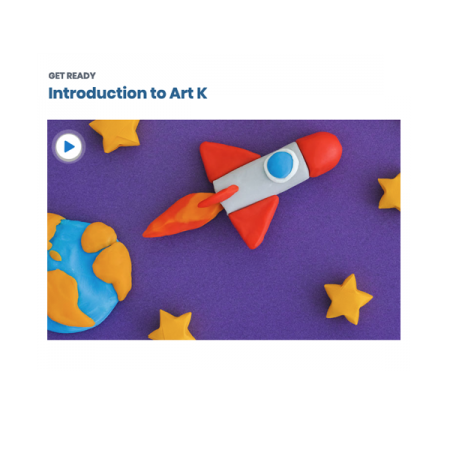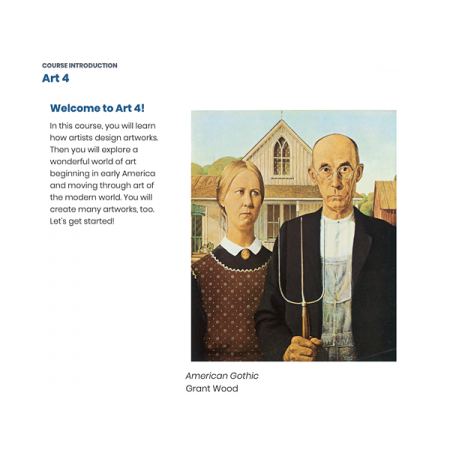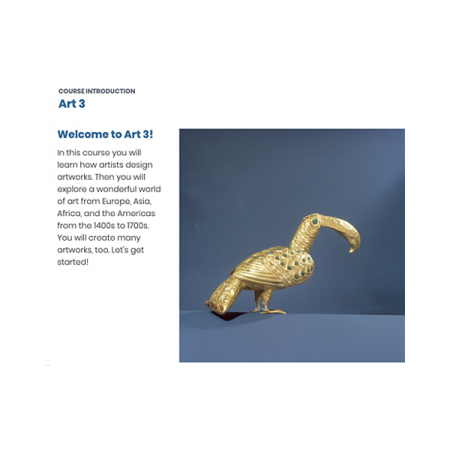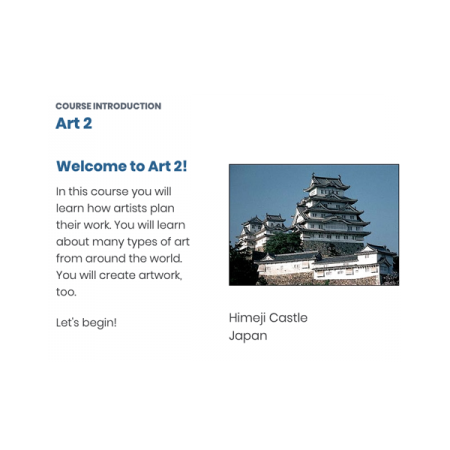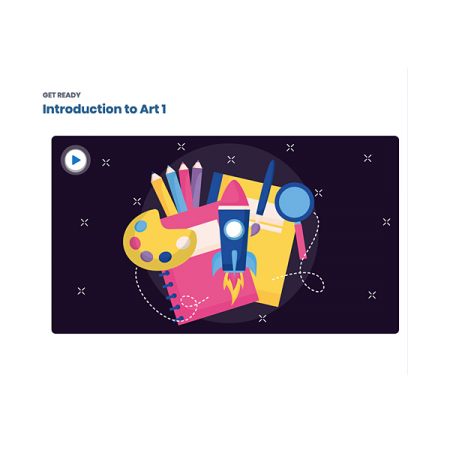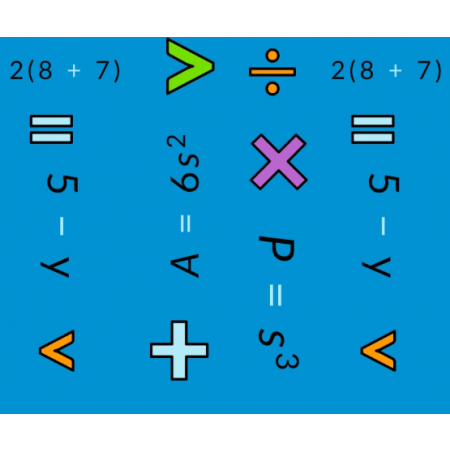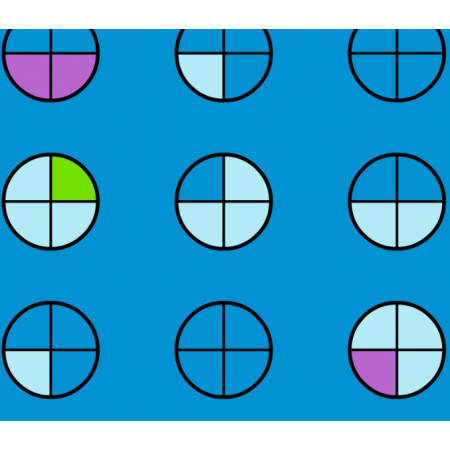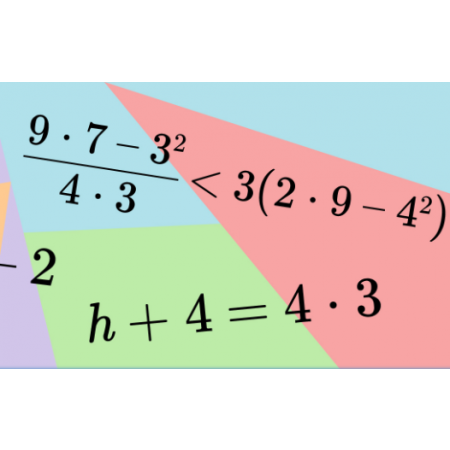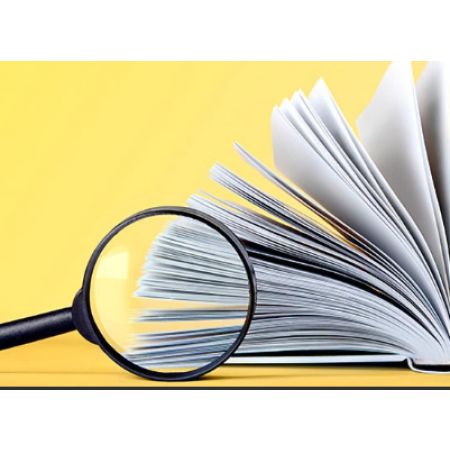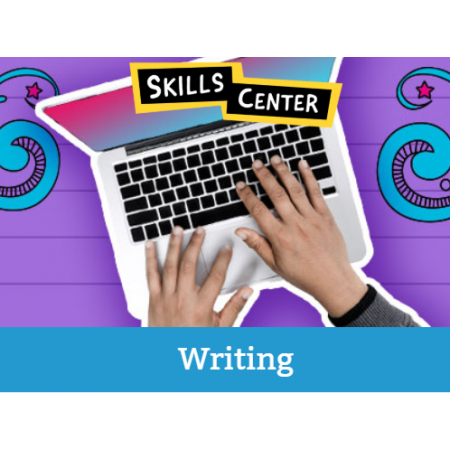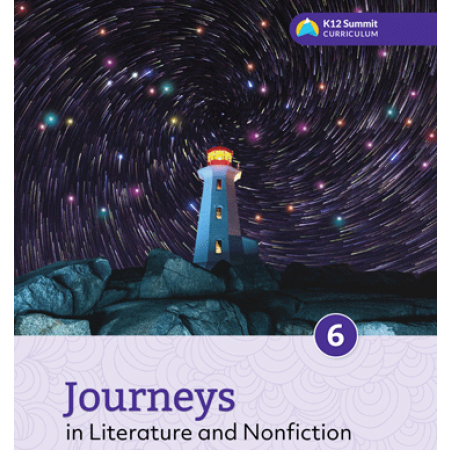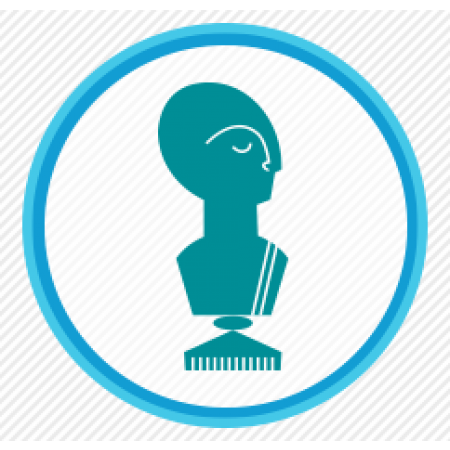x
Search results for 'summit'
Show Filter
Summit Art Kindergarten
Kindergarten students are introduced to the elements of art—line, shape, color, and more.From: $900.00
Summit Art 4
Following the time line of the K12 History program, fourth grade Art lessons introduce students to the artists, cultures, and great works of art and architecture from French and American Revolutions through modern timesFrom: $900.00
Summit Art 3
Following the timeline of the K12 History program, third grade Art lessons introduce students to the art and architecture of the Renaissance throughout Europe, including Italy, Russia, and Northern Europe.From: $900.00
Summit Art 2
Following the timeline of the K12 History program, second grade Art lessons introduce students to the art and architecture of ancient Rome, medieval Europe, Islam, Mexico, Africa, China, and Japan.From: $900.00
Summit Art 1
Art 1 lessons include an introduction to the art and architecture of different cultures such as Mesopotamia and ancient Egypt, Greece, and China. Students will identify landscapes, still lifes, and portraits; study elements of art such as line, shape, and texture; and create art similar to the works they learn about, using many materials and techniques. For example, inspired by Vincent van Gogh’s The Starry Night, students paint their own starry landscape using bold brushstrokes, and make clay sculptures inspired by a bust of Queen Nefertiti and the Great Sphinx.From: $900.00
Summit Math 8 (Independent Study)
Grade 8 mathematics course prepares students for more advanced study in algebra as students solve linear equations and systems of equations, work with radical and integer exponents, gain conceptual understanding of functions, and use functions to model quantitative relationships. To prepare students for more advanced study in geometry, the course emphasizes the Pythagorean theorem and a deepening exploration of similarity and congruence.
From: $24.00
Summit Math 7 (Independent Study)
In the Summit Math 7 course, students focus on real-word scenarios and mathematical problems involving algebraic expressions and linear equations and begin to apply their understanding of rational numbers with increased complexity. The course lays the foundation for exploring concepts of angle, similarity and congruence, more formally addressed in Grade 8, as students work with scale drawings and construct and analyze relationships among geometric figures. Students also develop and apply understandings of proportional relationships.
From: $24.00
Summit Math 6 (Independent Study)
In the Summit Math 6 course, students deepen their understanding of multiplication and division of fractions to apply their knowledge to divide fractions by fractions, with an additional focus on increasing efficiency and fluency. Students gain a foundation in the concepts of ratio and rate as an extension of their work with whole number multiplication and division, and in preparation for work with proportional relationships in Grade 7. Students also make connections among area, volume, and surface area, and continue to lay the groundwork for deep algebraic understanding by interpreting and using expressions and equations.
From: $24.00
Summit Language Arts 8 (Independent Study)
Throughout this course, students engage in literary analysis and close reading of short stories, poetry, drama, novels, and informational texts. The course focuses on interpretation of literary works, analysis of informational texts, and the development of oral and written communication skills in standard (formal) English. Students read "between the lines" to interpret literature and go beyond the text to discover how the culture in which a work of literature was created contributes to the theme and ideas it conveys. Analysis of the structure and elements of informational texts and media helps students develop the skills needed for academic success and navigating the world. Students continue to acquire knowledge and skills in grammar, usage, mechanics, and vocabulary. Implementing reading strategies, self-monitoring progress and reflecting on successes and challenges help students become metacognitive learners. The course includes discussion activities that engage students in the curriculum while creating a sense of community.
From: $24.00
Summit Language Arts 7 (Independent Study)
This course continues the development of comprehension and analysis of informational and fictional texts with an ongoing emphasis on reading strategies.Analyzing and practicing the form and structure of various genres of writing enhances students’ communication skills. Students study a variety of media to understand informational and persuasive techniques, explicit and implied messages, and how visual and auditory cues affect messages. Grammar, usage, and mechanics skills are deepened. Students continue to widen their vocabulary and apply acquisition strategies
From: $24.00
Summit Language Arts 6 (Independent Study)
This course equips students with the essential language arts skills needed throughout their academic careers. Students read and analyze a variety of informational and fictional texts. Instruction and reading strategies accompany reading selections to help engage students in the text and sharpen their comprehension. Students express their ideas and knowledge using standard (formal) English, developing communication skills necessary in today
From: $24.00
Intermediate World History A Summit (Independent Study)
K12 Summit World History I surveys the story of the human past from the period before written records, prehistory, through the fourteenth century. The course is organized chronologically and, within broad eras, regionally. The course focus is the story of the human past and change over time, including the development of religion, philosophy, the arts, and science and technology. Geography concepts and skills are introduced as they appear in the context of the historical narrative. Students explore what archaeologists and historians have learned about the earliest hunter-gatherers and farmers, and then move to a study of the four river valley civilizations. After a brief writing unit, they study the origins of Confucianism, Hinduism, Buddhism, and Judaism and the eras in which they developed. The second half of the course traces the story of classical Greece and Rome, the Byzantine Empire, the origins of Christianity and Islam, and then continues through the fourteenth century in Europe, North Africa, and East Asia. Historical thinking skills are a key component of Intermediate World History. Students practice document and art analysis, conduct research, and write in a variety of formats. They also practice map reading skills and look at how historians draw conclusions about the past as well as what those conclusions are.From: $24.00
NEED MORE INFO

THANK YOU!
We have received your inquiry and you will start to receive additional information about our school offerings and programs. An enrollment consultant will contact you shortly.
